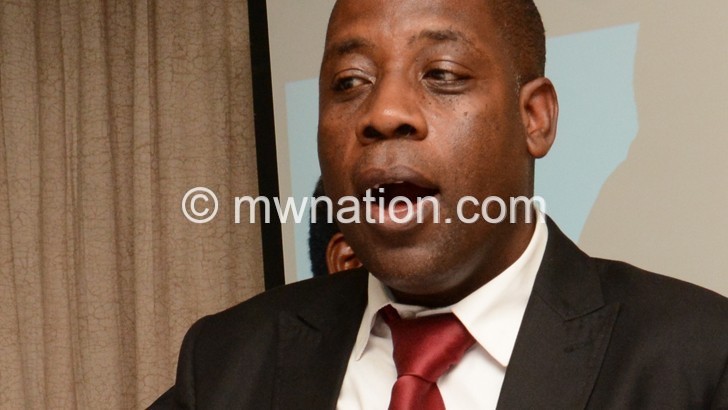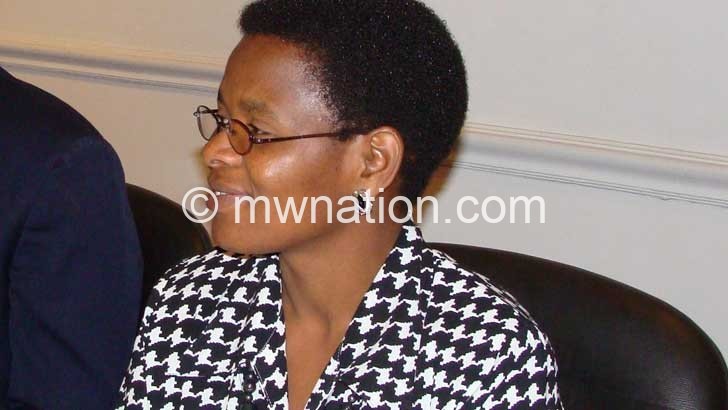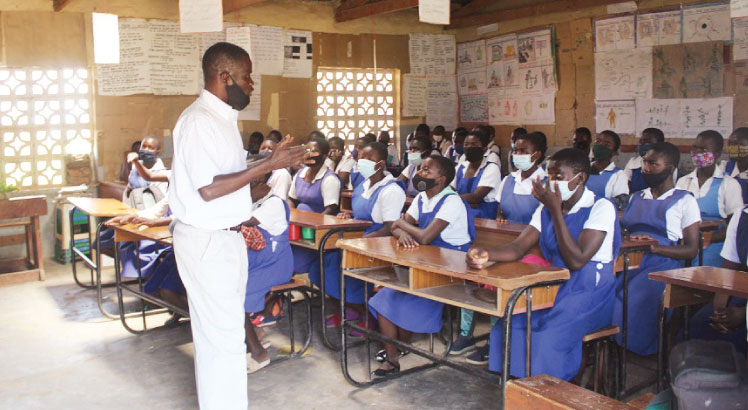Checking accountability in civil society
Malawi has at least 500 registered non-governmental organisations (NGOs) and civil society organisations (CSOs) most of which are funded by international donors to implement various projects to transform the socio-economic livelihoods of the poor.
Cumulatively, these projects, according to the NGO Board of Malawi chief executive officer Voice Mhone, cost the donors over K1 trillion annually, almost half of the K2.2 million 2020/21 National Budget.

This just confirms the critical role NGOs have played in the development of the country since independence.
They have continued to bring food to the hungry, potable water to the thirsty and safe delivery to mothers in the remotest areas.
By many standards, NGOs strive to improve every aspect of Malawians’ livelihoods.
The Council for Non-Governmental Organisations in Malawi (Congoma) executive director Ronald Mtonga says NGOs have been instrumental in demonstrating to government, particularly policy makers in central and line ministries, on what works.
He adds that NGOs have also been valuable in negotiating with development actors on the specific priorities stakeholders ought to focus on through campaigns and targeted advocacy efforts.

“This has not been an easy task as sometimes they have encountered a shrinking space for their mandates. Despite the challenges, a handful of NGOs continue to confirm their indispensable role in advancing humanity in Malawi,” says Mtonga.
But lately, there has been a heated debate around the question of transparency and accountability in the NGO sector.
Mhone, in his presentation at this year’s Malawi Local Government Association conference in Mzuzu, observed that the spending does not reflect development activities implemented on the ground.
“We suspect that most of the donor money is being swindled by the NGO leaders. And probably that is why they are reluctant to provide annual expenditure reports,” he said.
Mhone stated that in most organisations, upward accountability has been overshadowed by ‘downward accountability’, and that NGOs tend to have difficulty putting downward accountability into practice.

He defined upward accountability as the relationship between NGOs and their donors while downward accountability describes the relationship between NGOs and their beneficiaries where NGOs interact and learn mutually with beneficiaries.
The NGO Board chief emphasised that these interactions influence how funds are used and what NGOs actually do.
“Accountability is a word that is often used, but little understood. It is a critical issue for NGOs to engage with properly, because they are entrusted with resources to manage on behalf of beneficiaries. They need to transparently explain the results of their actions,” said Mhone.
Mwanza district commissioner Michael Chimbalanga chastised the non-State actors for squeezing accountability from the councils when they themselves cannot live by the principle.
He said it is high time the NGO Board started conducting periodic audits of the projects initiated with donor funding.
Chimbalanga disclosed that most of the NGOs operating in his district refuse to be subjected to public scrutiny.
“But they are very quick to mobilise people to rise up against the council secretariat when something goes wrong. Is this really their area of intervention? What are we supposed to do when such scenarios occur?” he asked.
Councillor for Bawala Ward in Ntchisi South Constituency, Frackson Sefasi, said it is sad that despite pumping in billions, the interventions by non-State actors have had negligible impact on the beneficiaries.
He proposed that the government should develop a policy that would enable communities to track the activities of the NGOs in their respective areas.
“We cannot allow things to go on like this. We have to do something as a matter of urgency,” said Sefasi.
Mhone revealed that NGOs in Malawi have been operating without a policy, leading to weak coordination and regulation.
He said the absence of the NGO Policy is hindering the board to regulate the operations of the organisations to maximise benefits of the projects to beneficiary communities.
The government developed an NGO Policy, which was launched in April 2019, to set out a framework that strengthens the relationship between the NGO sector, the government, and local councils.
The policy aims to enhance capacities, accountability and effectiveness of NGO work to the benefit of Malawians while the goal is to create a conducive environment for the effective operations of the NGO sector and its contribution to national development.
The policy was designed to enable Malawi to achieve strengthened accountability, transparency and responsiveness of NGOs and improved coordination within the NGO sector.
On the other hand, the policy intends to create an enabling legal and institutional framework for protection and participation of stakeholders in the NGO sector and strengthen mechanisms for collaborative relationship between NGOs, the government, funding agencies and other stakeholders.
“Additionally, it will improve transparency and accountability of NGOs within the NGO sector; and strengthen the capacity of relevant stakeholders in the sector,” said Mhone.
But speaking at a different public event recently, the National Advocacy Platform, a coalition of NGOs working to promote and safeguard human rights, suspected that the government intends to use such laws to shrink their operating space.
NAP chairperson Benedicto Kondowe called for support from international civil society to build the capacity of the local CSOs to empower them to demand and promote and protect civic space in the country.
Kondowe also asked the government to review and amend the NGO Act to reflect the spirit of constitutionalism.
“There is a need for a robust, responsive and inclusive NGO Policy that will address the challenges faced by CSOs. Government must come up with a law that protects human rights defenders,” he said.
Presidential adviser on NGOs Martha Kwataine disagreed with Kondowe, stating that the Tonse Alliance administration is committed to ensuring that there is a level playing field for local and international NGOs operating in different spaces within Malawi.
But she warned that government will not entertain the ‘crooked NGOs’ to operate in Malawi.
“Get me right. I am not saying we will entertain and create a conducive environment for everyone, including tricksters and the lazy type.
“I am saying this because we all know that the credibility and conduct of some of the organisations leaves a lot to be desired. We must continue to work hard, we must remain professionals and most importantly our accountability levels must also improve,” said Kwataine.
She added that public trust in CSOs and NGOs is paramount; hence, the need for them to maintain highest standards of integrity, transparency and accountability.
“Often, corruption, wastage and mismanagement of resources have eroded the confidence of the public in our work. We are appealing to all NGOs and CSOs to ensure that funds obtained from donors are used for the intended purpose and that all cases of fraud and corruption must be treated as is expected.
“It looks like a mockery when you watch a CSOs stand on the podium or take to the streets to demand accountability from the government when their house is really surviving on the same fraud and corruption,” said Kwataine. But according to Congoma, Malawians may not be able to measure the obvious impact that the 500+ active NGOs have made on the people of Malawi across the board, but perhaps their absence would have been more conspicuous in the plight of the masses.





